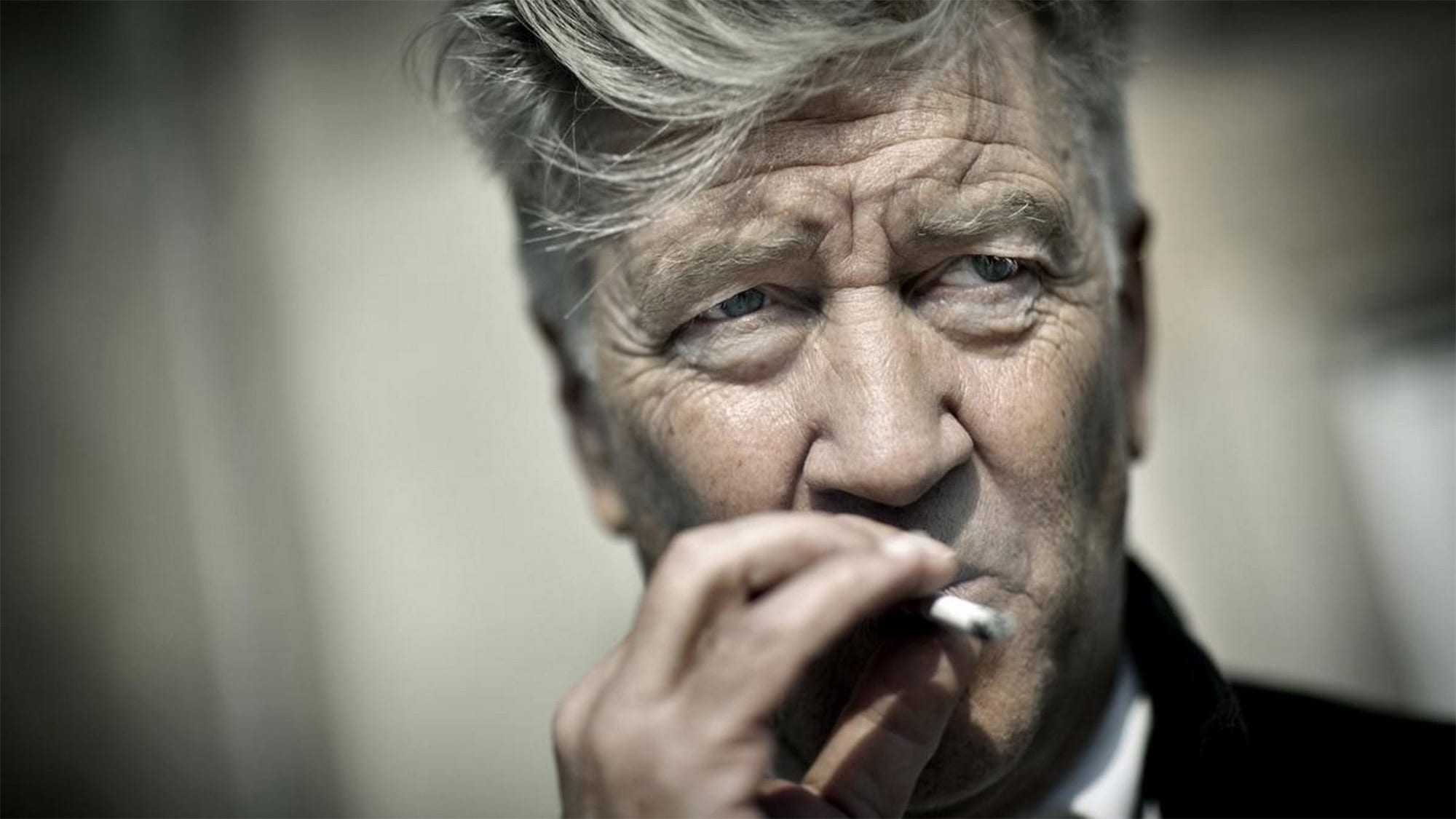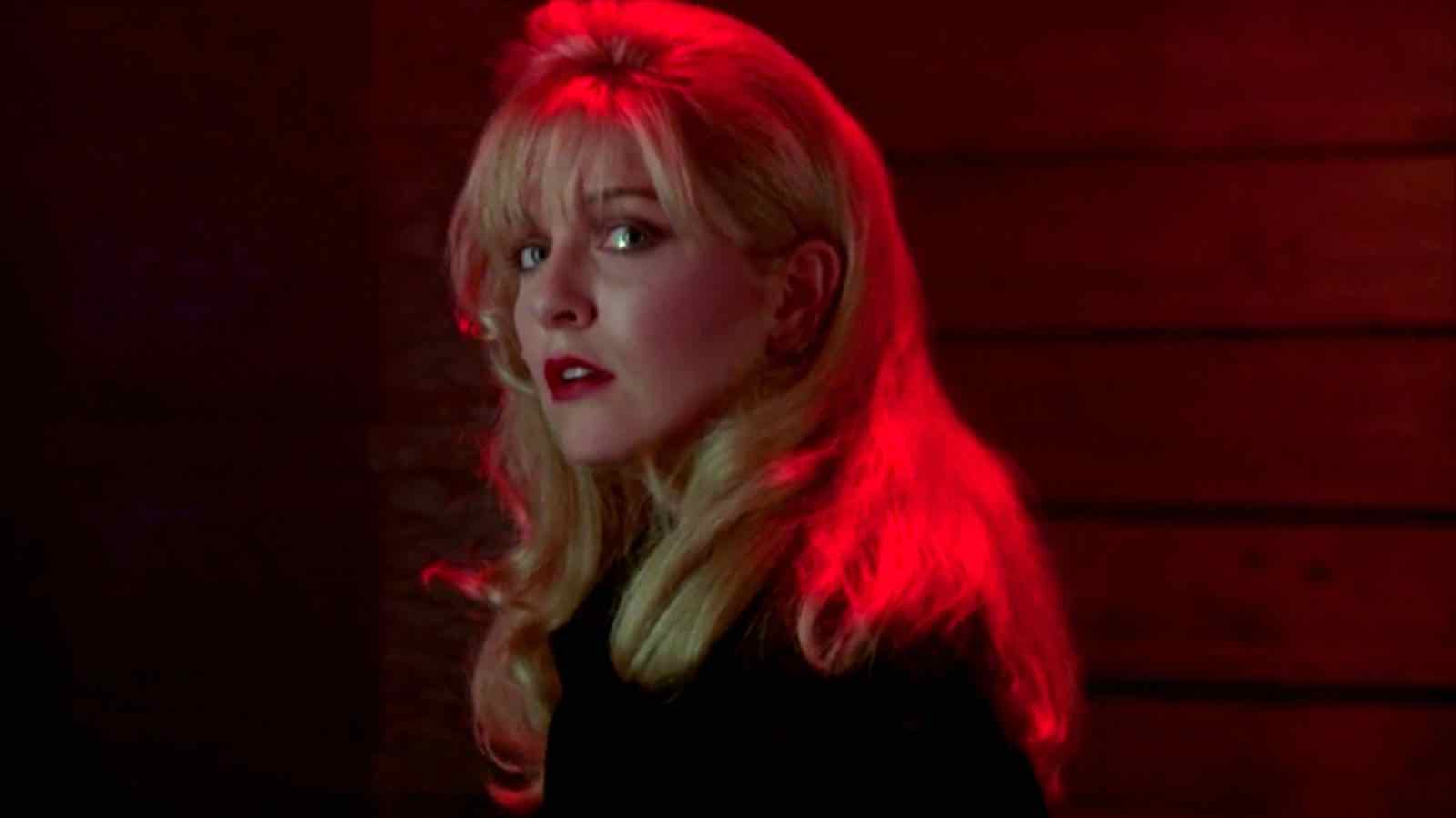
Why David Lynch deserves that damn director Emmy for ‘Twin Peaks’
David Lynch, the visionary director, writer, and artist, was not only a master of surreal storytelling but also an enigmatic figure whose works have left an indelible mark on both film and culture. His death, whenever it may come, will be a significant loss to the world of art. Lynch’s ability to blend the grotesque with the sublime, the eerie with the deeply human, has made him a unique voice in the landscape of cinema.
Lynch’s explorations of the subconscious, often veering into the unsettling and mysterious, have challenged audiences to confront the darkness within themselves and the world. Through films like Eraserhead, Blue Velvet, and Mulholland Drive, as well as his groundbreaking TV series Twin Peaks, Lynch illuminated the strange beauty in the mundane and the terror in the ordinary. His departure would mark the end of an era of artistic rebellion, leaving behind a legacy of provocative, thought-provoking work that will continue to inspire and haunt for generations to come.
 We leave you with this vintage article about our love for his work.
We leave you with this vintage article about our love for his work.
If every Twin Peaks fan is being honest, we all expected the Emmy nominations to completely screw over what we all know to be one of the greatest television events of all time: Twin Peaks: The Return.
 And lo and behold, it did. Though the show was rightfully nominated in nine of the minor (and non-televised) categories, it failed to grab one single nomination in any of the major (and televised) categories.
And lo and behold, it did. Though the show was rightfully nominated in nine of the minor (and non-televised) categories, it failed to grab one single nomination in any of the major (and televised) categories.
That includes Best Limited Series: A category that should’ve been a no-brainer for Twin Peaks: The Return to receive a nod for. Apparently, far inferior shows like The Alienist, Patrick Melrose, and Genius: Picasso were more important instead (please know we’re rolling our eyes so hard at this, we’re practically bleeding).
Add onto this the fact that the incomparable Kyle MacLachlan wasn’t nominated for his mind-blowing performance as several variations of the one character (helloooOOOooooOOOoooo!) and it’s hard to feel anything but bitterness and confusion about the television academy.
Which brings us to David Lynch. The singular, enigmatic filmmaker scored four Emmy nominations this year for Twin Peaks: The Return. Two of them are as part of a team nomination for sound and editing work respectively, while the other two concentrate on Lynch’s work as a visionary artist.

He’s nominated in the category of Outstanding Writing for a Limited Series with his Twin Peaks co-writing partner Mark Frost and he’s also nominated for Outstanding Directing for a Limited Series. Without a doubt, Lynch deserves to win both.
Despite receiving prestigious accolades for his work from esteemed cinematic institutions like the Cannes Film Festival, Lynch has been repeatedly underappreciated by the major American film and television academies.
Lynch is one of the most tenacious, visionary directors of all time and yet he’s only ever been nominated for four Academy Awards (and won none of them). Likewise, Lynch was nominated for five Emmy awards for the original series of Twin Peaks in 1990 – and again, failed to win a single one.
This isn’t just disappointing proof of how undervalued Lynch’s work is; it also points to a problem that has been reinforced throughout Lynch’s career – he’s an outsider and an underdog and his work is apparently too obscure and strange to be celebrated or even understood by the mainstream.
It’s something that was at least partially understandable in 1987 when the Academy Awards were likely gawking in horror at Blue Velvet and asking “What the fuck do we do with this?!”
Or in 1990 when Twin Peaks was definitely cool enough to warrant Emmy acclaim, but not conventional enough that they could eagerly hurl a number of awards at the writer and director.
But culture has since long caught up with Lynch’s singular perspective and experimental gaze. Shows like True Detective, Lost, and hell even Desperate Housewives owe a great deal to Lynch’s work and all received multiple Emmy wins for it.
In 2018, “Lynchian” TV shows and movies are so ubiquitous and commonplace that they practically make up a whole new genre of their own. From Legion to Riverdale and Castle Rock to American Horror Story – Lynch is everywhere. And yet he runs the risk of being celebrated in an official capacity exactly nowhere.
This has to stop. The man deserves recognition for being an indomitable creative force, always pushing culture forward to new extremes and uncharted depths of storytelling. He’s arguably the greatest influence on modern visual storytelling as we know it, having found new and surprising ways to explore familiar tales.

With Twin Peaks: The Return, Lynch could have easily settled for the simplest option – developing a nostalgic extension of the story he began in 1990 and providing exactly the sort of closure demanded of the show by critics who perhaps failed to understand the appeal of the unexplainable.
Instead, Lynch did (just as many fans hoped but didn’t quite expect) whatever the fuck he wanted. Twin Peaks: The Return emerged as a disembodied collage of the original series.
Like Dougie Jones (MacLachlan) in the place of Special Agent Dale Cooper, the show looked and sounded like it was meant to, but something was different – Twin Peaks: The Return came back as a strange mirror image of itself.
One that doesn’t offer easy answers for why and that refuses to succumb to fanservice or nostalgia. In doing so, Lynch provides a radical disruption of modern culture and our current insatiable demand for reboots, remakes, and reimaginings.
He distorts his own visual storytelling tropes (the ones that have since been appropriated by countless others) and also dissects the various manners with which modern narratives are told (and re-told for the sake of nostalgia).
Characters drift dreamlike and aimless, confounded by their own existence and role in the universe, just like we were as an audience watching them.
Lynch tears through the elaborate Twin Peaks mythology he and Frost have developed, dropping clues and trashing others while developing a cryptic and mesmerizing puzzle fans may never fully figure out.
By the time the mind-melting nightmare of “Part Eight” arrived in the series, there was no doubt that we were watching the work of a man at the peak (pun intended) of his craft. The episode is an unrivaled work of genius and one of the greatest visions of horror ever put on the small screen.

While other creatives are still leaning on Lynch’s work and the idiosyncratic tropes of his oeuvre, Lynch concentrated his efforts on pushing the form further once more with Twin Peaks: The Return.
It’ll take years (possibly even another decade or two) for the rest of the industry to catch up with the work Lynch and Frost have achieved with the latest iteration of the show – or to even begin to make sense of it.
But you can bet that whoever does will be rewarded for doing so by the Emmys in ways that Lynch himself has so far failed to be recognized for.
This isn’t just about Twin Peaks: The Return, though Lynch undoubtedly deserves to be recognized for his unparalleled work on the show. This is about recognizing the career of a man who has repeatedly redefined what culture is and what it can be.
Twin Peaks: The Return is a masterful showreel highlighting that fact. We’re sure Lynch couldn’t care less about whether he wins such a stuffy award or not. But come September, we still want to see him up on that stage and receiving that Director Emmy to the standing ovation he rightfully deserves.
It’s great to be an outsider – but an underdog? Lynch deserves better.



